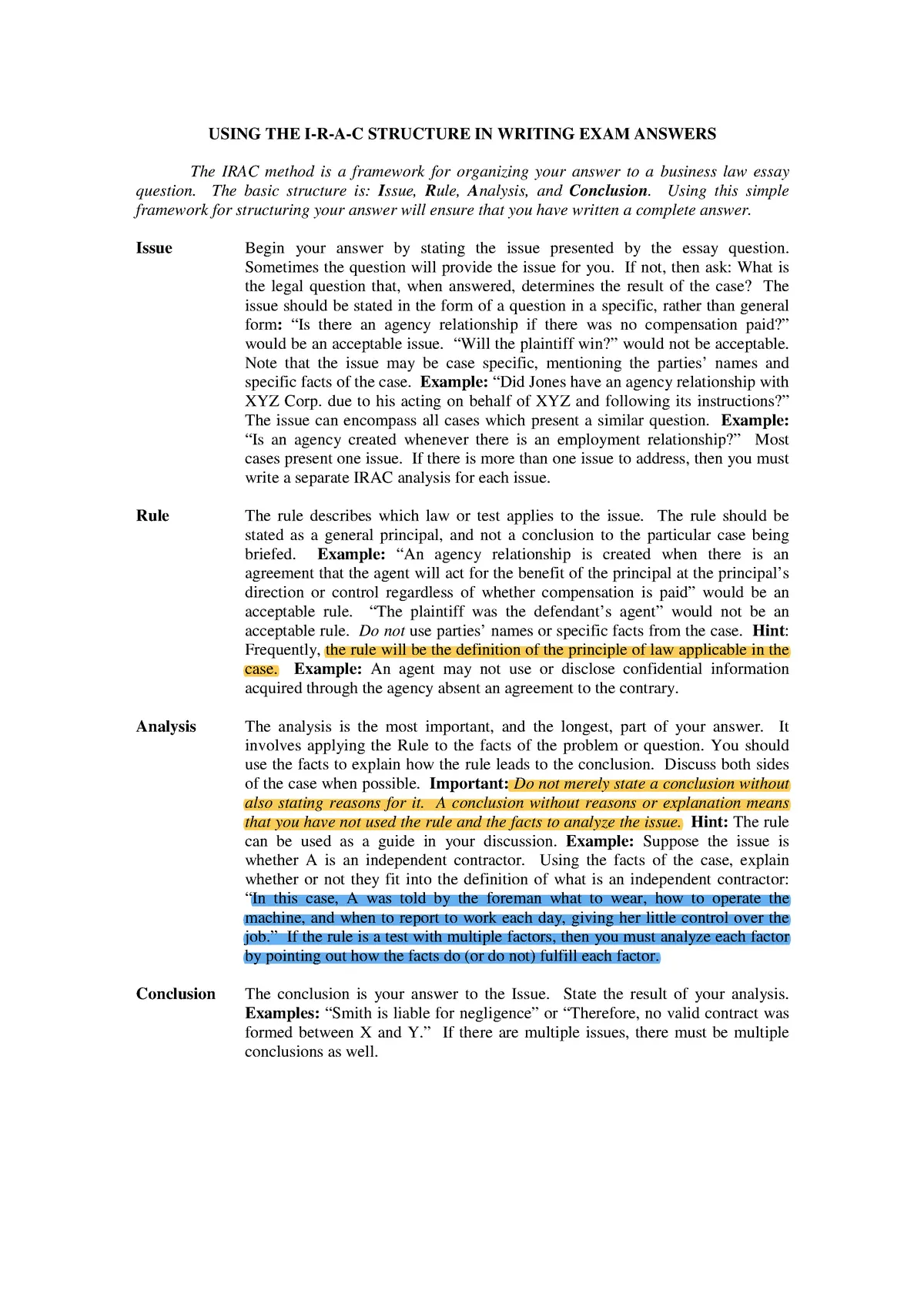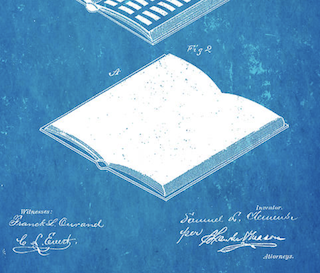A Copyright Dispute
Only one thing is impossible for God: To find any sense in any copyright law on the planet.
— Mark Twain
Double Click Above
Start here with …
How to avoid a copyright dispute?
Listening Activity
Vocabulary
Writing Activity
Area of law: Intellectual Property
Section 9 – A case study.
Listening task: Take notes. Prepare for IRAC brief.
Timing: This listening is 6 minutes and 30 seconds long.
Lawyer 1: Hello, Chris. I only ever seem to bump into you in this area of London these days. Have you been to the Patents Court in Rolls Buildings again?
Lawyer 2: Hi, Jerry. Yes, my firm’s doing a huge amount of IP work at the moment and I’m often in the Patents Court. I’ve just been to hear a judgment handed down by His Honour Judge Birse. The outcome potentially has a huge bearing on a case we’re working on at the moment, so it was important to hear his reasoning on the decision.
Lawyer 1: Which case was this? There are quite a few high profile cases going on in IP at the moment.
Lawyer 2: It’s the Stephen Slater case. It all revolves around a dispute as to the ownership of copyright in a short film. What it boils down to, is who owns the legal rights of ownership in a film, the cameraman who shot the film, or the client who pays for the cameraman to do the job. If they have an express written agreement between them of course, it clarifies the position, but these people didn’t. This case was all about the factors a court will consider in the absence of a written agreement.
Lawyer 1: Hang on. I seem to remember the details of this case. Is one of the parties English and the other one Danish?
Lawyer 2: That’s right. Although the dispute itself is over film shot in Nepal, the subject of the dispute is a short film featuring the defendant sky-diving over Mount Everest. The defendant was a gentleman named Per Wimmer. Apparently he’s quite a celebrity in Denmark. He described himself in the court papers as an ‘Adventurer’, believe it or not, although he actually makes his money by running a corporate advisory company, Wimmer Financial LLP. In 2000 he set up a second company called Wimmer Space that specialises in space and adventure activities. The film in question was promotional material for that. The claimant is an English cameraman, Stephen Slater.
Lawyer 1: I see. So, Per Wimmer, adventurer, asks Stephen Slater, cameraman, to make a film for him. But there’s no relationship of employment and no written agreement. Is that right?
Lawyer 2: That’s exactly right. At a meeting in London, which took place on 8 September, 2010, the two men agreed that Mr Slater would do the job in return for the costs of the trip, plus reasonable expenses. So, on 20 September of that year, they flew from Heathrow to Delhi, arriving in Kathmandu on 21 September. Everyone books into The Yak and Yeti Hotel and gets ready to sky dive and there’s not a written agreement in sight.
Lawyer 1: Amazing. And presumably they now hotly dispute what was said in that meeting in London?
Lawyer 2: Naturally. Per Wimmer gave evidence in court that he explained in full to Mr Slater that he would own all IP rights in the film for no extra consideration. Stephen Slater denies that that conversation ever took place.
Lawyer 1: So, what happened to trigger off the dispute? Did one of them use footage without notifying the other one?
Lawyer 2: Yes. In August 2010 Stephen Slater became aware of a film called Wimmer over Everest, which was shown on Danish TV. Mr Slater obtained a copy and saw that it contained two and a quarter minutes of his footage. He immediately sent an invoice to Mr Wimmer for £3000. Mr Wimmer didn’t pay, and the rest, as they say, is history. Mr Slater issued his claim in Northampton County Court but it was transferred to the London County Court on the ground that that’s the court where the defendant lives. Stephen Slater’s grounds for legal action were copyright infringement. Per Wimmer counter-claimed, also on the grounds of infringement.
Lawyer 1: I see. I feel a bit sorry for Stephen Slater. If I remember correctly, he’s only 21. I suppose this is a hard lesson for him: to always get things in writing.
Lawyer 2: Oh, for sure. The judge made it clear that although a contract for services certainly existed in this case, it would have saved a lot of time and money to have had an agreement drawn up in advance, or for one of the parties to have agreed, as a compromise to the situation, to have had an assignment of copyright drawn up.
Lawyer 1: So, what was the outcome?
Lawyer 2: Well, the judge said that this was a far from straightforward case, not least because of issues of governing law and jurisdiction. The film was broadcast on Danish TV, which neither party had taken into account when assuming that English law would be applied. So, the judge said that although in this country the relevant statute was the Copyright, Designs and Patents Act, 1988, Danish law could also have been applied.
Lawyer 1: But surely the opportunity for the parties to do that has passed. And, as the dispute is over such a small amount of money, surely it’s not worth involving Danish law at this stage?
Lawyer 2: The judge took exactly that position. He said that they were too late and that he had to bear in mind proportionality and cost. He referred therefore, only to the UK statute and to English case law. His conclusion was that the parties, in the absence of a written agreement, are the co- owners of all relevant copyrights and that they have both reproduced the footage without the consent of the other. He said, at the end of his summing up, that he would make further declarations accordingly and will hear the parties as to what further orders should be made.
Lawyer 1: Wow. Yet again, the lesson is always get it in writing. Well, good luck with your case Jerry. I hope it goes well for you.
Additional Resources


General Vocabulary
to bump into
to boil down to
to have a bearing on
to hear
high-profile
to hand down
to have copyright in
to issue a claim
on the grounds of
infringement
to get things in writing
an assignment
to draw up
further declarations
a party
to hang on
a written agreement
to sky dive
a corporate advisory company
a claimant
a relationship of employment
to take place
evidence in court
to trigger off
a dispute
governing law
jurisdiction
to apply law
relevant statute
to bear in mind
a straightforward case
consideration
Writing Activity
Area of Law: Intellectual Property
Writing Task: Set out an IRAC case brief of the dispute the lawyers were discussing.
(10%) Issue: State the legal issue(s) to be discussed.
(20%) Rule: State the relevant statutes and case law.
(50%) Analysis: Apply the relevant rules to the facts that created the issue.
(20%) Conclusion: State the most likely conclusions using the logic of the application section. Don’t forget to include any alternative outcomes created by ambiguities in the relevant facts and rules.
Under ___________ law, ________________ when _________?
Examples:
- Under UK law, can a person be sued for infringement of copyright if there is no written agreement?
- Under US law, is a client the owner of IP when cameraman does not have a labor agreement?

Listening Activity
General Vocabulary
to squeeze in
MPs
engaged in
a number of
a sum
to dismiss
trademark
full and final
to win a case
a small fortune
business premises
a bit shabby
a deposit
new competition
specific performance
to waive
to put a charge
bits and pieces
to lead to
to show up
a stamp duty
maternity leave
to deal with
to struggle
the case
the facts
to harm
to add fuel to the fire
a fee
reasonable legal fees
to cover
to add insult to injury
a signature
staff
extent of
complied with
to deflect
amid a storm
Indeed
just bear with me
royalty
scrutiny
to draw conclusions
to settle
to sue
to invoice / an invoice
a tenant
a landlord
self-employed
substandard work
breach of contract
to turn up
to earn a living
a Charging Order
to award
to enforce a judgment
interest and costs
bankrupt
a bailiff
to draw a line under
a battle
a solicitor
a bill
conveyancing
a mortgage lender
to borrow
to blame
a formal written warning
loopholes
clamp down
accounting
foreseeable future
to sign and date
wrongful
to sack / to fire
straight away
income
to take to court
small claims court
to take out a loan
an installment
legal interest in an asset
a claim
to hold by a third party
to seize
outcome of a case
hasn’t paid a penny
sold at auction
to complain
to follow up
to go ahead
to carry out
to chase up
a matter
to draw up
ownership
to threaten
a total sum
damages or losses
to purchase
to draw a line under something
— Mark Twain
A great American novelist, illustrated by a great American artist―now available in a collectible two-volume set. In 1936, the Heritage Press, a publisher of fine editions, commissioned Norman Rockwell to illustrate Mark Twain’s Adventures of Tom Sawyer; four years later, they asked him to illustrate The Adventures of Huckleberry Finn as well. For each book, Rockwell created eight full color paintings and numerous pen-and-ink drawings, the product of extensive on-the ground research in Twain’s hometown of Hannibal, Missouri. Famously, Rockwell even tried to buy some Hannibal residents’ old clothes, to dress his models in.
For years, the Rockwell editions of Tom Sawyer and Huckleberry Finn have been unavailable in stores. Now, Abbeville Press is proud to reissue them as a handsome new clothbound set.
The color plates are reproduced from new photography of Rockwell’s original paintings, the typesetting has been done anew to a high standard, and new introductions―illustrated with Rockwell’s rarely seen preliminary sketches―examine this unique encounter between two legendary chroniclers of America.
Publisher’s note: These volumes present Mark Twain’s text unabridged and unedited, as it appeared in the original American editions of The Adventures of Tom Sawyer (1876) and The Adventures of Huckleberry Finn (1885).
Shop with our partner on Amazon
This book will change how you write.
Wydick’s little book has been a favorite of law students, legal writing teachers, lawyers, and judges for over 25 years. Last January, the Legal Writing Institute gave Wydick its Golden Pen Award for having written Plain English for Lawyers.
Words to live by.
In his book, Plain English for Lawyers, Richard C. Wydick recommends the following tips:
Omit surplus words
Use base verbs, not nominalizations
Prefer the active voice
Use short sentences
Arrange your words with care
Use familiar concrete words
Avoid language quirks
Punctuate carefully
These books will change how you write.
See your level in just 5 minutes.
We can teach you legal English.
About the Author
Eric Froiland
Eric is a legal English teacher from the United States and has been based out of Bogota, Colombia for the last 10 years. He is the owner and founder of Legal English Innovation SAS, which is recognized as the top legal English academy in Colombia and is an official Test of Legal English Skills (TOLES) examination center.


